 The state is not a guarantor of the safety of motorists using their roads, meaning you must be vigilant and careful while driving. See Thompson v. State of Louisiana, 701 So.2d 952 (La. 1997). But what happens when something falls on your car while you are driving on a public street, are you out of luck? Or is the state or owner of the fallen property potentially liable? Typically, the owner of an item (i.e., a tree) is liable for the damages caused by its “ruin, vice, or defect,” if it’s shown that they knew or should have known of the “ruin, vice, or defect” that caused the damage, and that the damage could have been prevented if the owner exercised reasonable care. La. C.C. art. 2317.1. However, if the damage is caused by “an act of God,” also known as force majeure, defined as an unusual, sudden, and unexpected force of nature, then this results in no individual being held liable for the damage caused. Brown v. Williams, 850 So.2d 1116 (La. Ct. App. 2003).
The state is not a guarantor of the safety of motorists using their roads, meaning you must be vigilant and careful while driving. See Thompson v. State of Louisiana, 701 So.2d 952 (La. 1997). But what happens when something falls on your car while you are driving on a public street, are you out of luck? Or is the state or owner of the fallen property potentially liable? Typically, the owner of an item (i.e., a tree) is liable for the damages caused by its “ruin, vice, or defect,” if it’s shown that they knew or should have known of the “ruin, vice, or defect” that caused the damage, and that the damage could have been prevented if the owner exercised reasonable care. La. C.C. art. 2317.1. However, if the damage is caused by “an act of God,” also known as force majeure, defined as an unusual, sudden, and unexpected force of nature, then this results in no individual being held liable for the damage caused. Brown v. Williams, 850 So.2d 1116 (La. Ct. App. 2003).
In 2007, Larry Mitchell (“Mr. Mitchell”) and a passenger were driving on Highway 80 in Ruston, Louisiana, when a large tree, estimated to be 70 feet tall, fell across the highway onto the front of Mr. Mitchell’s vehicle. The tree was near the highway but on the property of Beverly Hill-Hercules (“Ms. Hercules”). As a result of the tree falling on Mr. Mitchell’s car, he suffered severe fractures in his spine and nose and was bruised and lacerated. In fact, at the time of the trial in 2014, Mr. Mitchell was still required to wear a cervical collar for stabilization. Mr. Mitchell sought damages from Ms. Hercules, the Department of Transportation and Development (DOTD), and their insurers, alleging that the tree was sick (i.e., defective), and should have been removed prior to the accident.
At trial, DOTD and Ms. Hercules argued that the accident was “an act of God,” meaning they were not liable for the damages caused. Through testimony presented it was clear that the DOTD did not require its employees to examine all trees along the highway looking for diseased trees, rather, Tommy Lane Boddie (“Mr. Boddie”), a DOTD employee, testified that he only looked for and reported trees that were leaning and were in danger of imminently falling. Further, Ms. Herculeses’ deposition, which was read into the record, provided that it was very windy on the night of the accident and the tree was completely uprooted.
 Louisiana Personal Injury Lawyer Blog
Louisiana Personal Injury Lawyer Blog


 Summary judgment is a legal standard many courts use when there are not enough facts in dispute to even proceed with a lawsuit. When applicable, this is a good strategy for a defense attorney to use because it purges claims that have no merit, saving time and money. The Fifth Circuit Court of Appeal demonstrated this principle within the context of an employment discrimination lawsuit. The following case demonstrates how an employer can use the Courts to deny a Family Medical Leave Act Claim.
Summary judgment is a legal standard many courts use when there are not enough facts in dispute to even proceed with a lawsuit. When applicable, this is a good strategy for a defense attorney to use because it purges claims that have no merit, saving time and money. The Fifth Circuit Court of Appeal demonstrated this principle within the context of an employment discrimination lawsuit. The following case demonstrates how an employer can use the Courts to deny a Family Medical Leave Act Claim.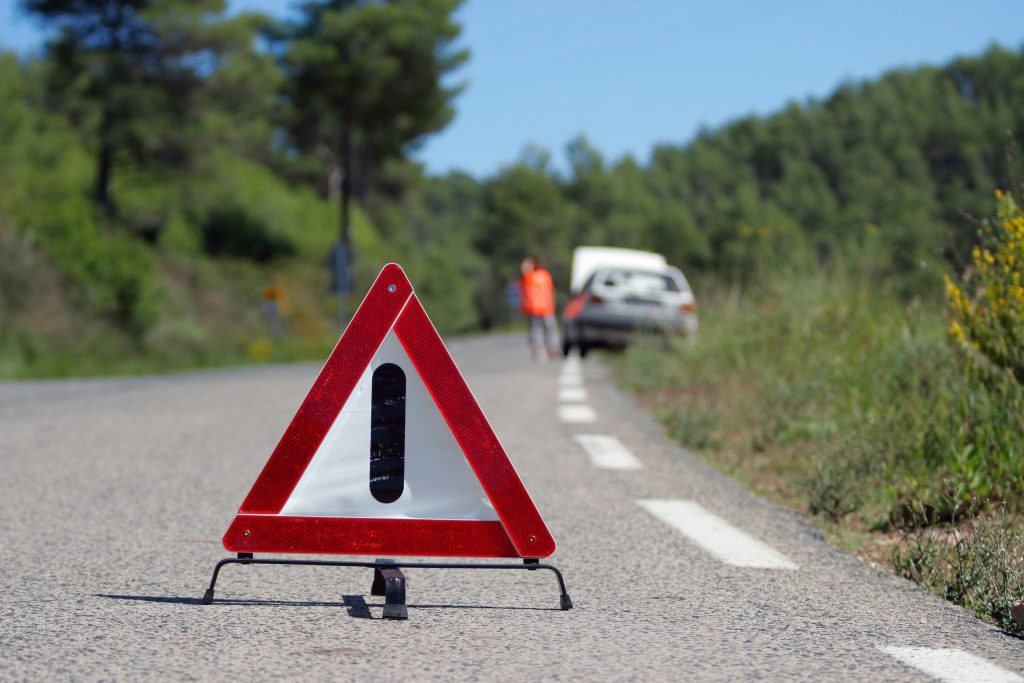 Comedian Chris Rock once famously opined that insurance should be renamed, “In-case-of.” You pay for insurance every month “in case of” some unfortunate circumstance occurring. Well, you better have access to an excellent attorney “in case of’ the other driver not having the insurance, or even the car, in his name. This is what happened to Wanda Kahl. When the insurance company disputed its obligation to pay for her injuries, Ms. Kahl was subject to a protracted legal battle in court.
Comedian Chris Rock once famously opined that insurance should be renamed, “In-case-of.” You pay for insurance every month “in case of” some unfortunate circumstance occurring. Well, you better have access to an excellent attorney “in case of’ the other driver not having the insurance, or even the car, in his name. This is what happened to Wanda Kahl. When the insurance company disputed its obligation to pay for her injuries, Ms. Kahl was subject to a protracted legal battle in court. 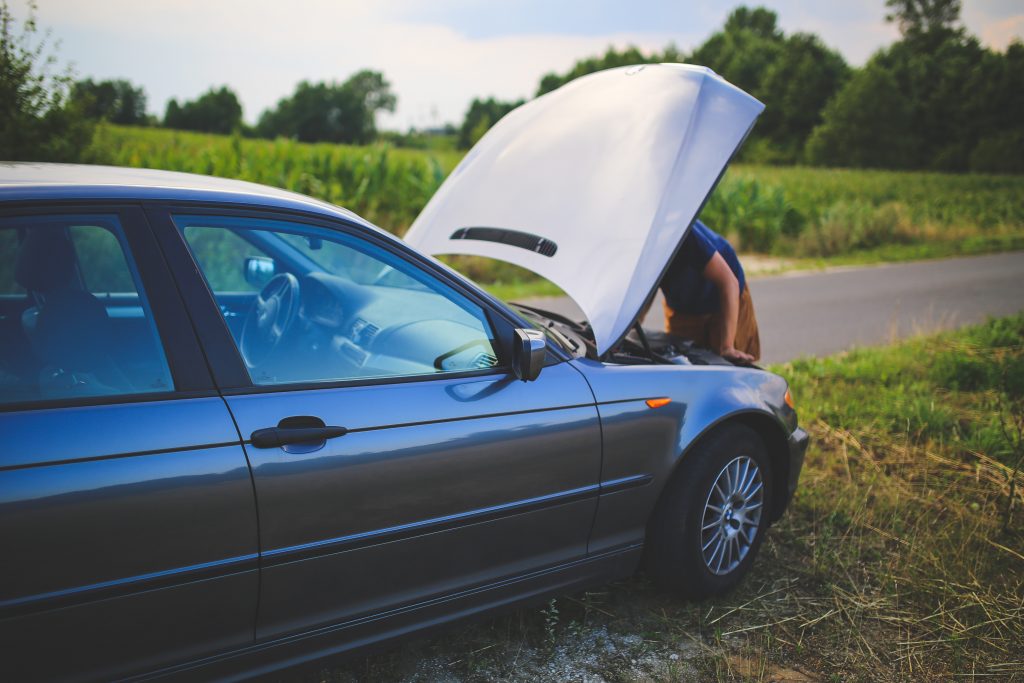 A common litigation tactic for plaintiffs is to bring cases in federal court to obtain greater damage awards. However, a plaintiff must have a viable claim under federal law or their case will be dismissed by the federal district court for lack of jurisdiction.
A common litigation tactic for plaintiffs is to bring cases in federal court to obtain greater damage awards. However, a plaintiff must have a viable claim under federal law or their case will be dismissed by the federal district court for lack of jurisdiction.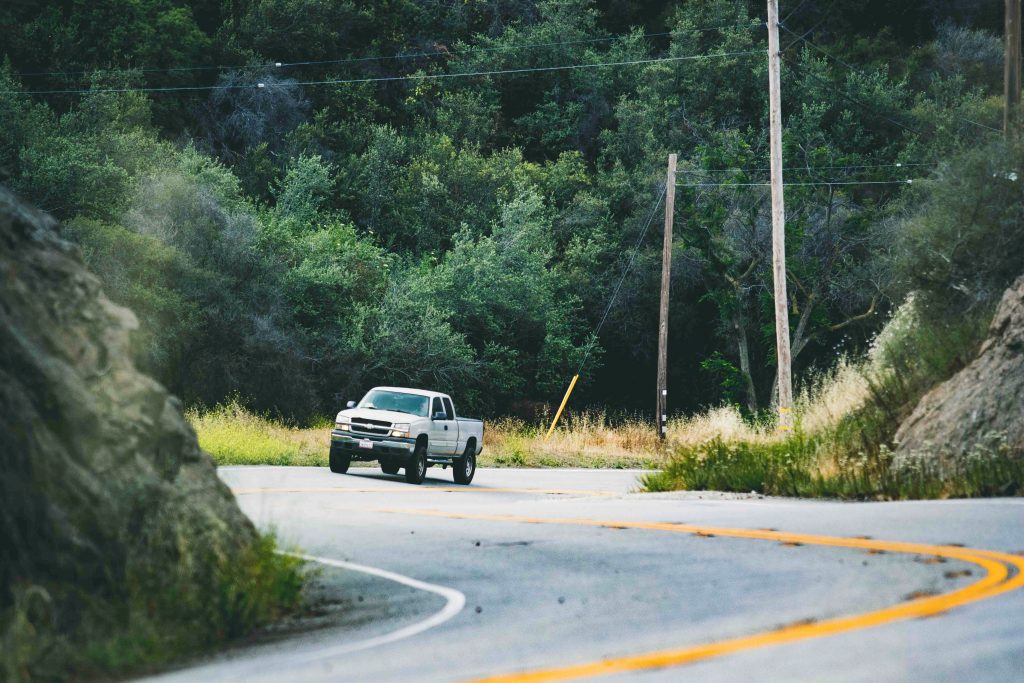 Imagine you are driving home from work and you collide with another vehicle. Would your employer be liable for the damages? For most commuters, the employer is not accountable for any accidents that occur on the way to or from the place of work and the employee’s residence. But in certain cases, such as where an employee is traveling with a specific business purpose under the direction of the employer, the employer may be on the hook under a theory known as vicarious liability. Effectively, vicarious liability holds an employer liable for an employee’s negligence when the employee is acting within the scope of the employer’s business.
Imagine you are driving home from work and you collide with another vehicle. Would your employer be liable for the damages? For most commuters, the employer is not accountable for any accidents that occur on the way to or from the place of work and the employee’s residence. But in certain cases, such as where an employee is traveling with a specific business purpose under the direction of the employer, the employer may be on the hook under a theory known as vicarious liability. Effectively, vicarious liability holds an employer liable for an employee’s negligence when the employee is acting within the scope of the employer’s business. 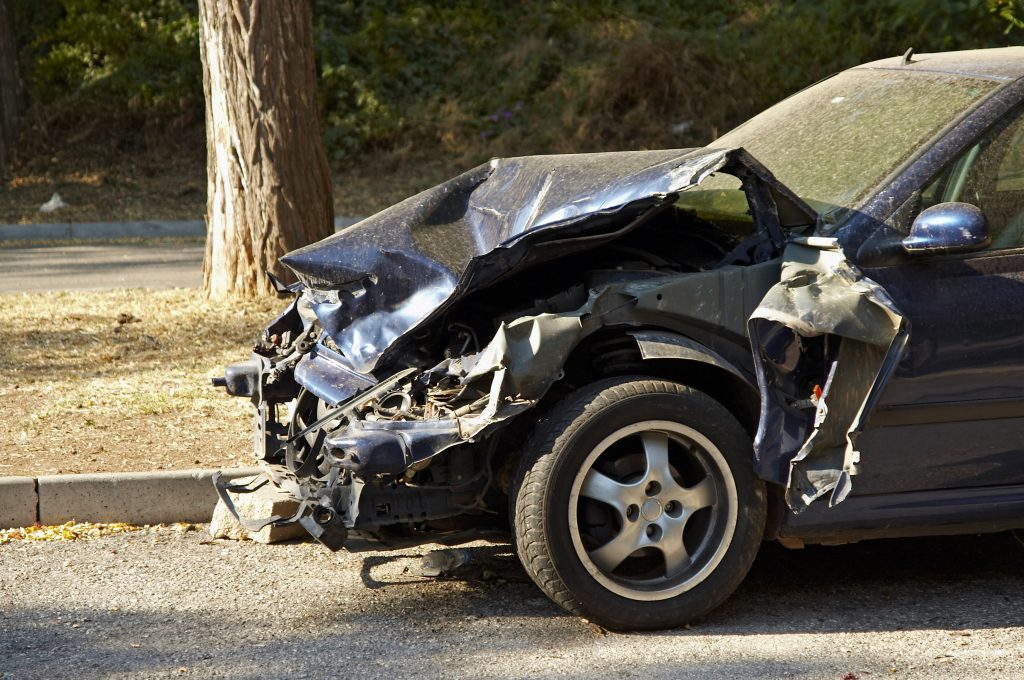 It is all too easy to forget just how dangerous driving can be. In addition to human factors such as sleepiness, being distracted, and stress, there is also the unpredictability of the road. Uncontrollable circumstances such as the weather or wild animals that dart into traffic can turn a regular commute into a devastating experience. But who is to blame when something unforeseeable, such as a force of nature, causes a highway catastrophe? This issue was addressed after a multi-vehicle accident on Interstate 10 near the Michael Boulevard exit in New Orleans on December 29, 2011.
It is all too easy to forget just how dangerous driving can be. In addition to human factors such as sleepiness, being distracted, and stress, there is also the unpredictability of the road. Uncontrollable circumstances such as the weather or wild animals that dart into traffic can turn a regular commute into a devastating experience. But who is to blame when something unforeseeable, such as a force of nature, causes a highway catastrophe? This issue was addressed after a multi-vehicle accident on Interstate 10 near the Michael Boulevard exit in New Orleans on December 29, 2011. 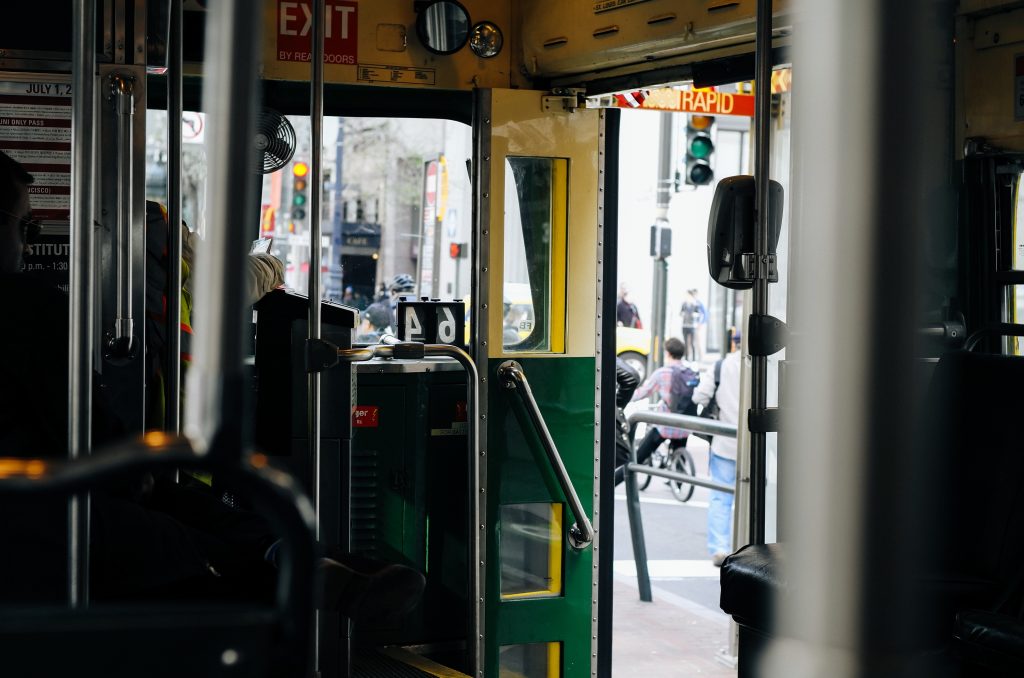 After an injury, it is natural to feel entitled to physical, mental, and financial recovery. Unfortunately, the road to recovery can be full of detours and roadblocks. Without the help of a good lawyer, it can be difficult, and perhaps impossible, to understand and adhere to the many rules of the legal system. What seems like an unfair technicality could be the result of an easily avoidable mistake.
After an injury, it is natural to feel entitled to physical, mental, and financial recovery. Unfortunately, the road to recovery can be full of detours and roadblocks. Without the help of a good lawyer, it can be difficult, and perhaps impossible, to understand and adhere to the many rules of the legal system. What seems like an unfair technicality could be the result of an easily avoidable mistake. 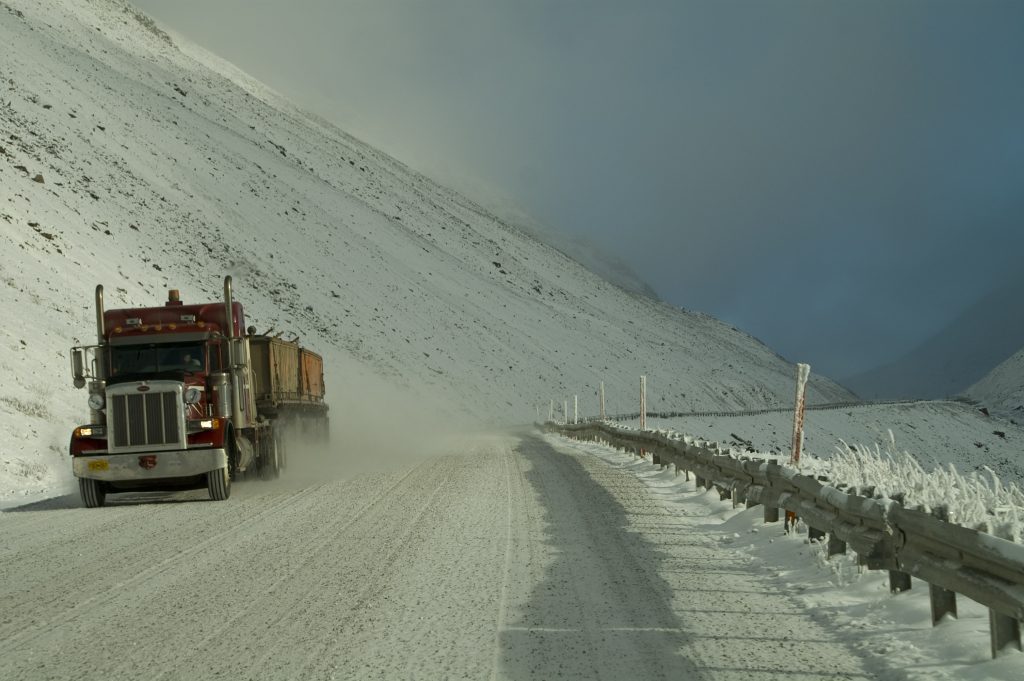 The viewing of a dead body can be traumatic for many people. If that viewing is caused by the negligence of another an excellent attorney may help you secure compensation for the emotional anguish experienced from that event. Shortly after midnight on February 4, 2011, Ronnie Rodd Davis was operating a tractor-trailer, owned by Superior Carriers, on eastbound Interstate 10 near the Atchafalaya Basin Bridge in Baton Rouge. Mr. Davis noticed that a collision had recently occurred in front of him and was able to stop before joining the other cars in the collision. Due to the abrupt stop to avoid the collision Mr. Davis’ tractor-trailer was rear-ended by another tractor-trailer operated by John V. Scott, and owned by Service Transport Company. The collision caused Mr. Davis’ tractor-trailer to move forward and strike a Ford F-150 pickup truck that was involved in the initial collision. Mr. Davis exited his tractor-trailer and upon exiting saw the deceased driver of that Ford F-150, Jonas T. Richmond, under or near Mr. Davis’ trailer axle.
The viewing of a dead body can be traumatic for many people. If that viewing is caused by the negligence of another an excellent attorney may help you secure compensation for the emotional anguish experienced from that event. Shortly after midnight on February 4, 2011, Ronnie Rodd Davis was operating a tractor-trailer, owned by Superior Carriers, on eastbound Interstate 10 near the Atchafalaya Basin Bridge in Baton Rouge. Mr. Davis noticed that a collision had recently occurred in front of him and was able to stop before joining the other cars in the collision. Due to the abrupt stop to avoid the collision Mr. Davis’ tractor-trailer was rear-ended by another tractor-trailer operated by John V. Scott, and owned by Service Transport Company. The collision caused Mr. Davis’ tractor-trailer to move forward and strike a Ford F-150 pickup truck that was involved in the initial collision. Mr. Davis exited his tractor-trailer and upon exiting saw the deceased driver of that Ford F-150, Jonas T. Richmond, under or near Mr. Davis’ trailer axle. Accidents involving children are difficult for everyone involved. When the accident results in extensive, life-changing injuries, the situation becomes even more tragic and often results in multiple lawsuits. A person cannot recover damages unless he or she has a recognized claim to do so under law. This concept is known as “standing.” Calvernia Reed, maternal aunt to an injured minor child, Geneva Marie Fils, got a glimpse into how strictly Louisiana courts construe that standing requirement.
Accidents involving children are difficult for everyone involved. When the accident results in extensive, life-changing injuries, the situation becomes even more tragic and often results in multiple lawsuits. A person cannot recover damages unless he or she has a recognized claim to do so under law. This concept is known as “standing.” Calvernia Reed, maternal aunt to an injured minor child, Geneva Marie Fils, got a glimpse into how strictly Louisiana courts construe that standing requirement.  Louisiana, like most states, requires drivers to maintain liability insurance (or less commonly, a liability bond or certificate of self-insurance) to legally operate a motor vehicle. In 1992, an amendment to this law explicitly allowing insurance companies to offer “named driver” exclusions in their policies, which allowed an insured the option of paying a lower premium in exchange for insurance that provides no coverage while the specifically named driver operates a covered vehicle. The law was upheld by Louisiana courts, though it did create some disagreements in its interpretation, both among the appellate courts and between the Louisiana Supreme Court and the legislature. One of these disagreements concerned whether the owner of a vehicle could purchase liability insurance and then, through the named driver exclusion, exclude himself from coverage under the policy. Although the Louisiana Supreme Court determined that to allow such a maneuver would be violative of public policy, their interpretation was overruled by subsequent legislation explicitly allowing it.
Louisiana, like most states, requires drivers to maintain liability insurance (or less commonly, a liability bond or certificate of self-insurance) to legally operate a motor vehicle. In 1992, an amendment to this law explicitly allowing insurance companies to offer “named driver” exclusions in their policies, which allowed an insured the option of paying a lower premium in exchange for insurance that provides no coverage while the specifically named driver operates a covered vehicle. The law was upheld by Louisiana courts, though it did create some disagreements in its interpretation, both among the appellate courts and between the Louisiana Supreme Court and the legislature. One of these disagreements concerned whether the owner of a vehicle could purchase liability insurance and then, through the named driver exclusion, exclude himself from coverage under the policy. Although the Louisiana Supreme Court determined that to allow such a maneuver would be violative of public policy, their interpretation was overruled by subsequent legislation explicitly allowing it.